Researchers at the Indiana University School of Medicine have developed a more accurate and cost-effective method for predicting childhood asthma by using a new passive digital marker based on routinely collected electronic health record (EHR) data. The study, published in eClinicalMedicine, represents a significant step forward in early asthma detection, aiming to reduce delays in diagnosis and improve long-term outcomes for children at high risk for developing the disease.
Advertisement
Extended mesenteric resection shows no clear benefit over conventional surgery in preventing Crohn’s recurrence.
New study shows HBV may self-limit under immune pressure—offering hope for a future cure through targeted immune therapies.
HBV doesn’t directly cause liver cancer—but it primes the liver. Statins may help block cancer-triggering immune signals.
The agent notably in preclinical studies has accomplished increased HbF without any evident cytotoxicity.
A study showed similar efficacy and cardiovascular safety between vadadustat and darbepoetin alfa for anemia with CKD.
Dr. Maryam Lustberg discusses real-world T-DXd use, biomarkers, and resistance in metastatic breast cancer care.
Researchers identified 4 genes tied to propionate metabolism to predict head and neck cancer risk and survival.
AI-enhanced HER2 scoring improves accuracy and may expand patient access to HER2-targeted therapies in breast cancer care.
DocWire Content Partners
Powered by DocWire News
The Latest From GI Oncology Now
Suvemcitug, envafolimab, and FOLFIRI may serve as a new second-line treatment option for cold tumors.
KRASG12C inhibitors can have reduced efficacy in patients with alterations in KRAS, EGFR, and other genes.
Complete responders with HCC have prolonged survival and durable disease control even after therapy has been discontinued.
The primary objective of median PFS was significantly longer for patients treated with 177Lu-edotreotide.
The safety profile of the combination was consistent with known profiles, and no new safety findings were observed.
Older patients in their 70s with extrahepatic CCA have a higher rate of choledocholithiasis.
The Latest From Heme Today
The agent notably in preclinical studies has accomplished increased HbF without any evident cytotoxicity.
The phase 3 VERONA trial, which compared this combination with placebo plus azacitidine, observed no new safety signals.
Dr. John Gansner and Dr. Martina H. Slingsby argue this new agent can provide benefit across all bleeding disorders.
Heme Today spoke with Ulrike Reiss, MD, and Andrew Davidoff, MD, of the trial's investigator team.
Gene therapy is reshaping sickle cell care, raising awareness and advancing treatments beyond the lab.
ASH warns NIH cuts would jeopardize blood disorder care and halt key progress in hematology research.




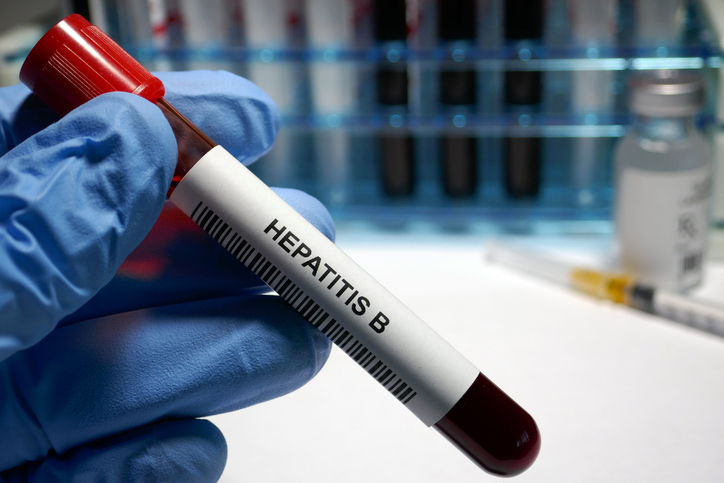
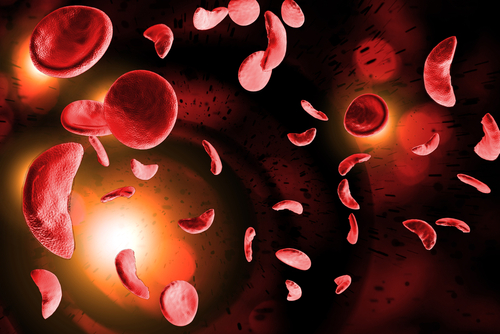
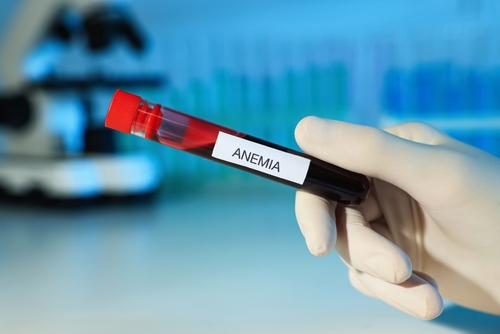





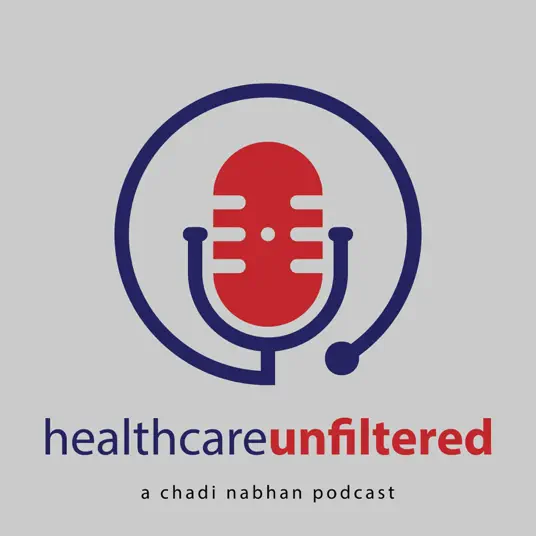

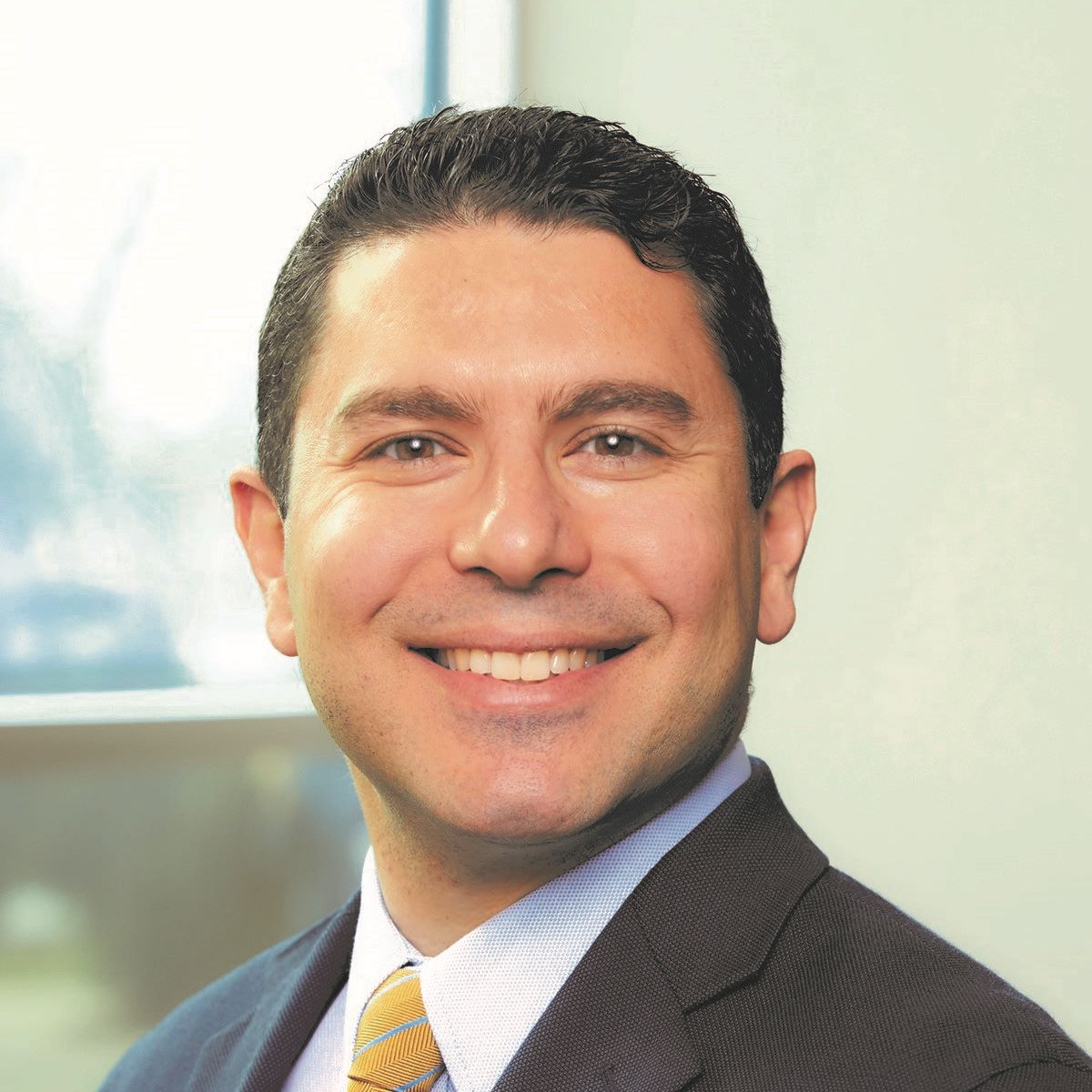







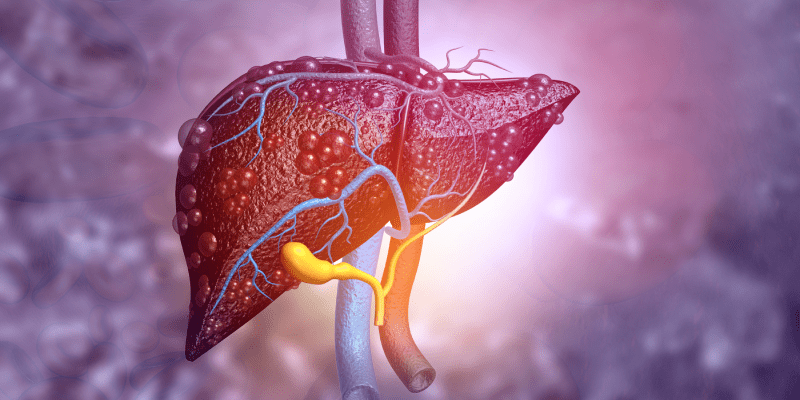
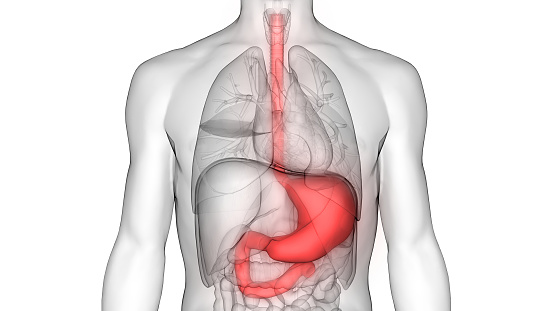


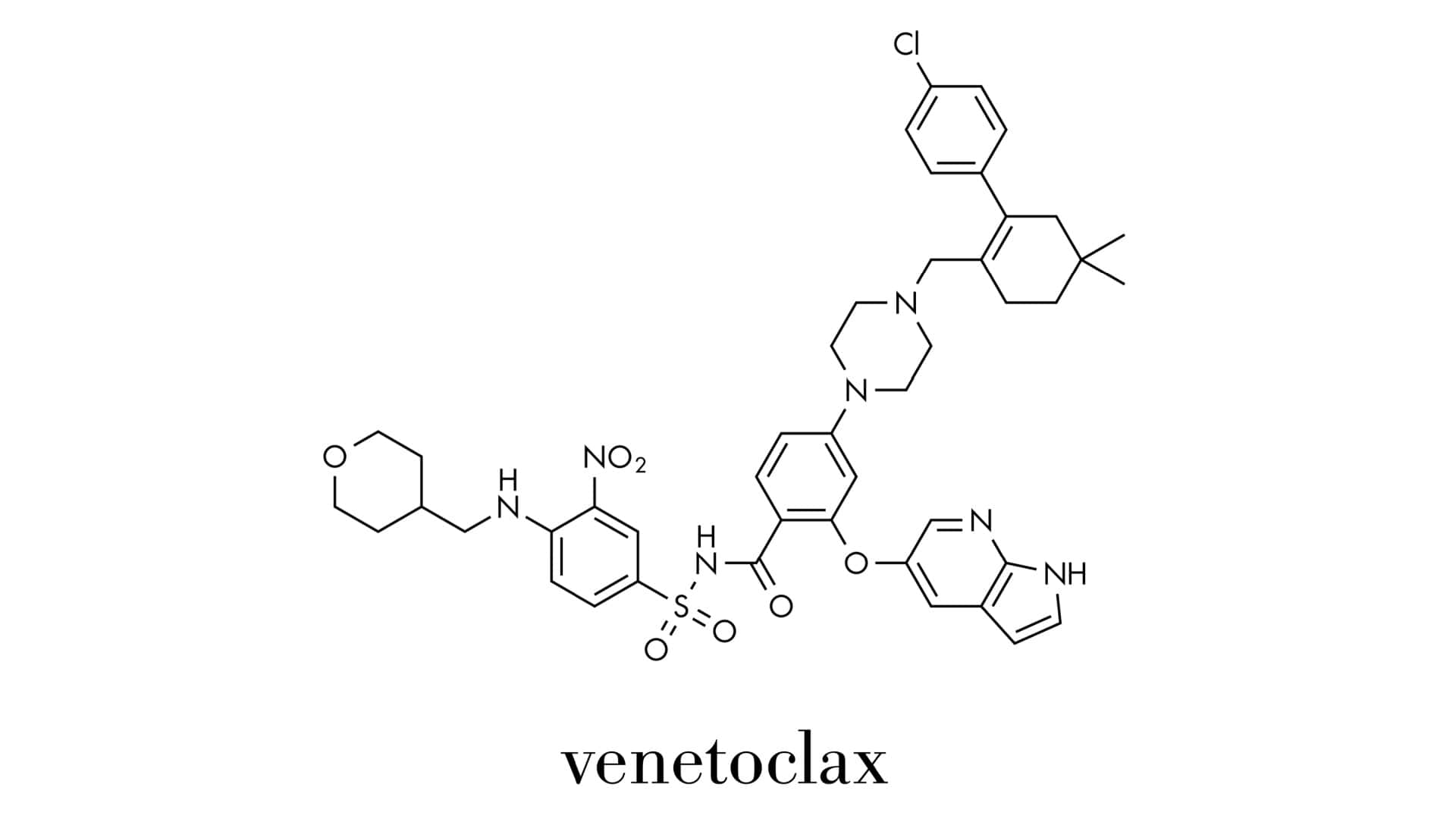
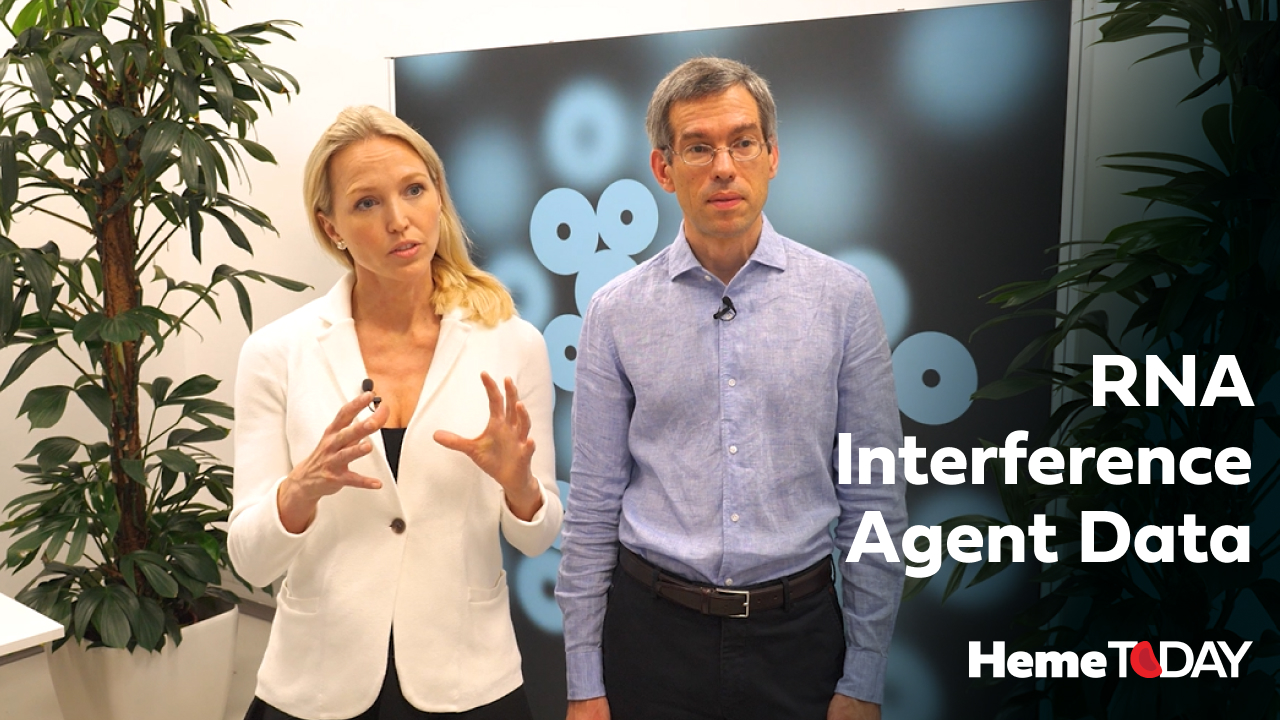
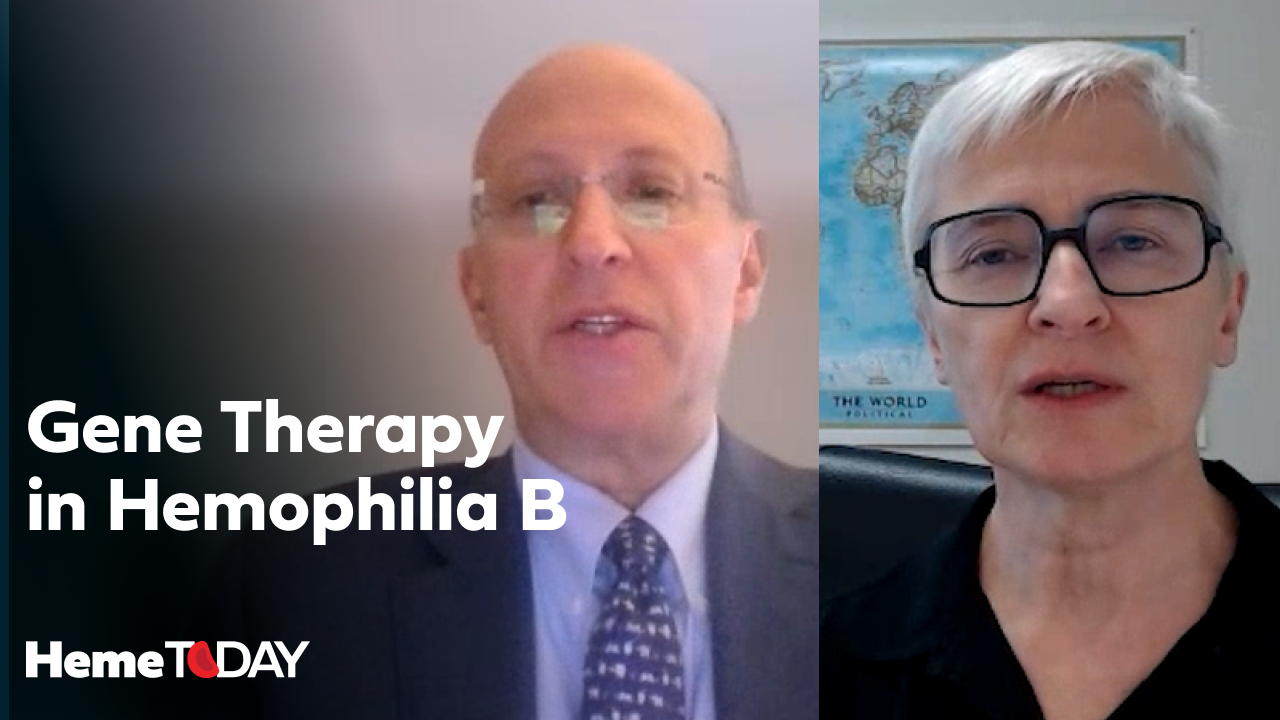
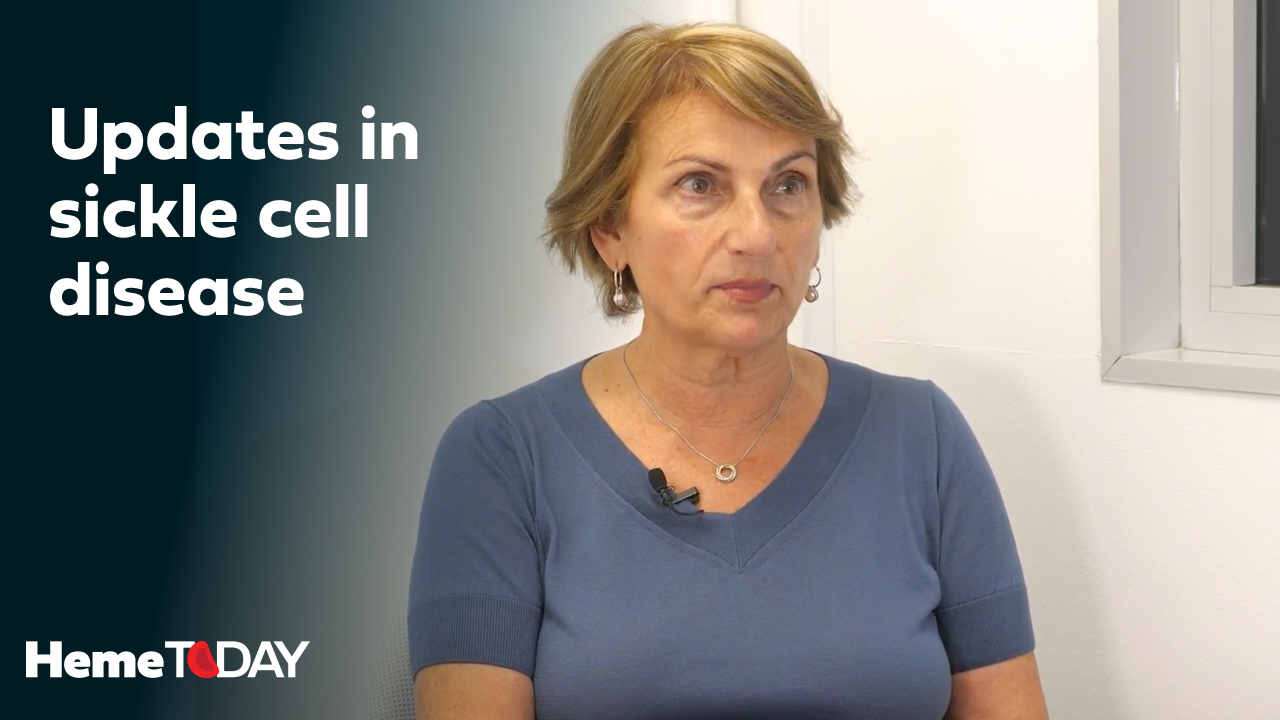
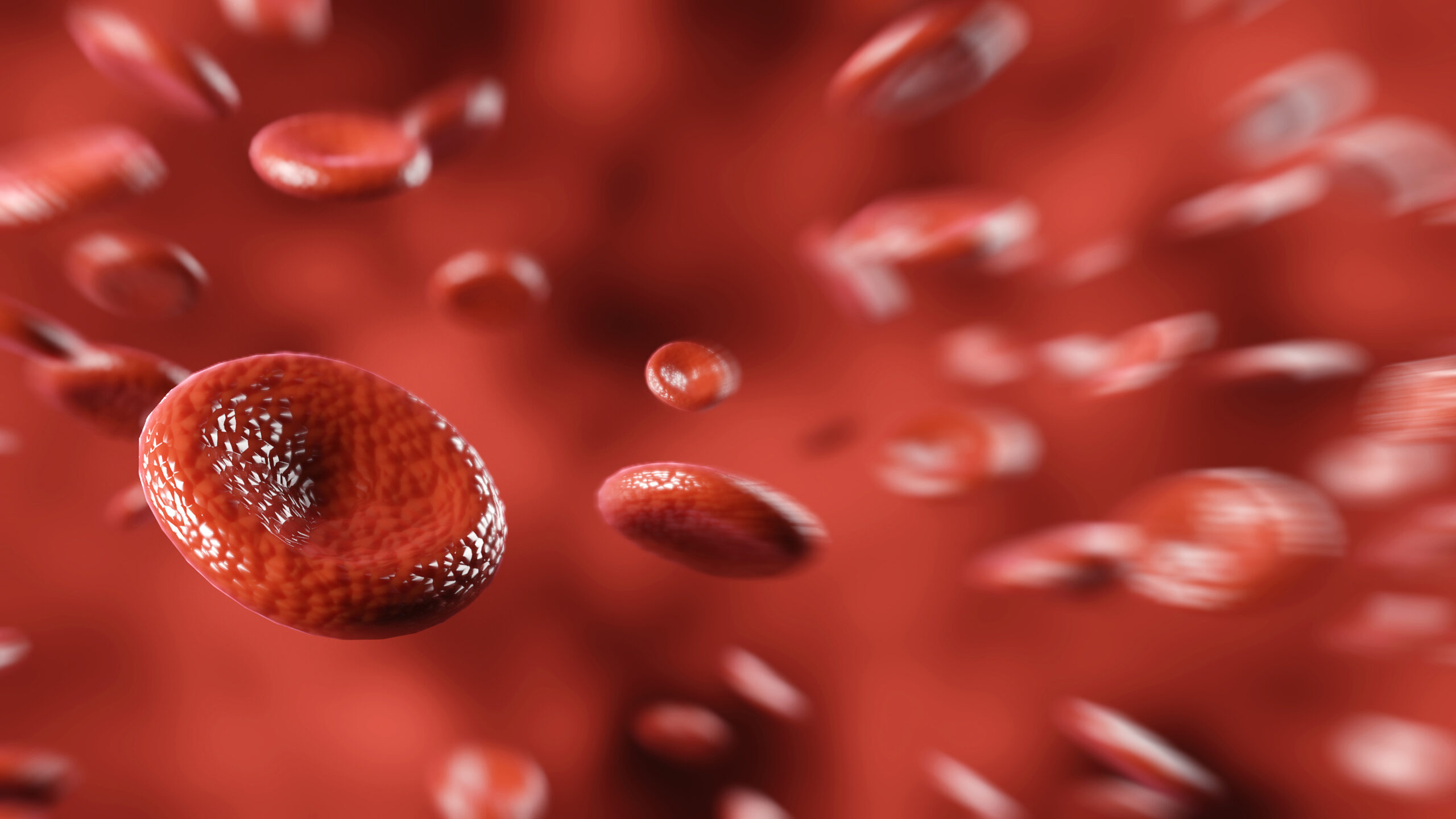






 © 2025 Mashup Media, LLC, a Formedics Property. All Rights Reserved.
© 2025 Mashup Media, LLC, a Formedics Property. All Rights Reserved.